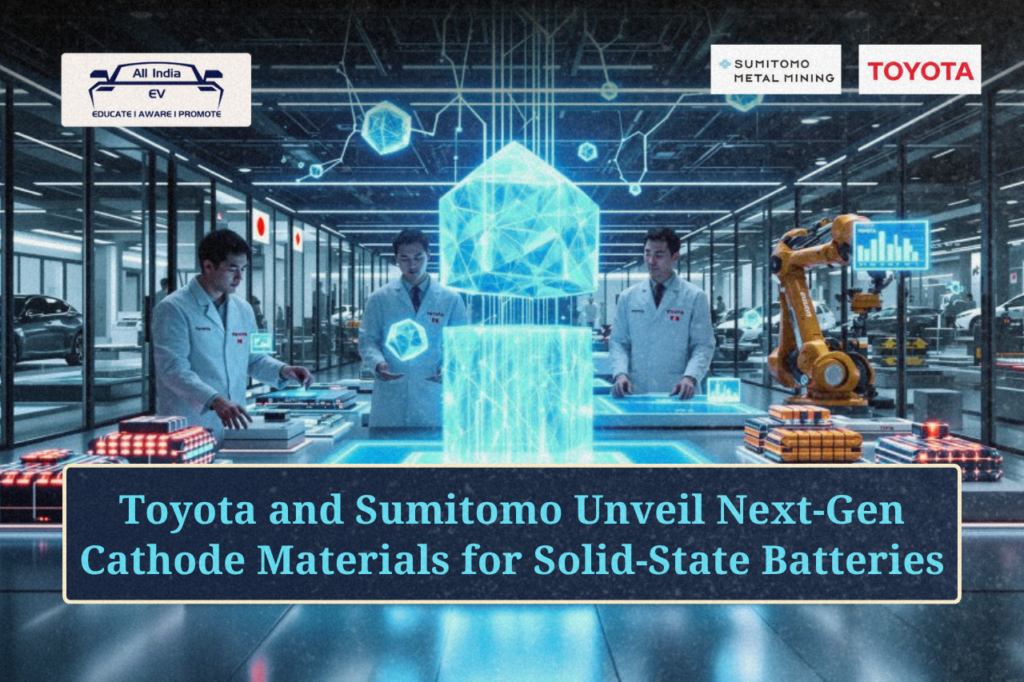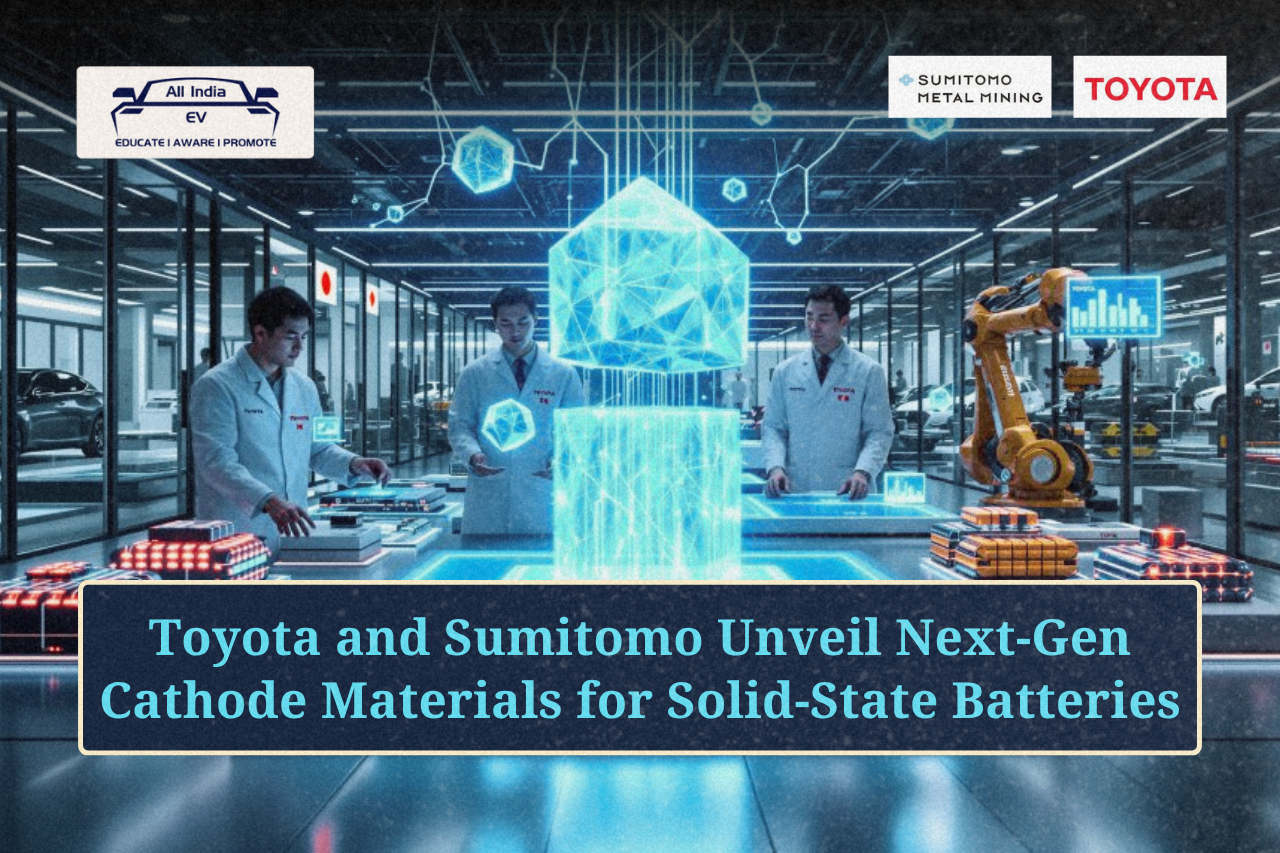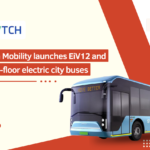
Toyota & Sumitomo Metal Collaborate to Mass-Produce Next-Gen EV Batteries for Global Use by 2027-28
In a major stride toward next-generation electric vehicle technology, Toyota Motor Corporation and Sumitomo Metal Mining Co. have announced a significant breakthrough in the development of cathode materials for all-solid-state batteries, with plans to jointly mass-produce these materials in the coming years.
Solid-state batteries are widely regarded as the future of EV energy storage, offering enhanced safety, longer lifespan, and faster charging capabilities compared to conventional lithium-ion batteries that use flammable liquid electrolytes. However, challenges such as raw material constraints, complex manufacturing processes, and high production costs have so far limited large-scale adoption.
According to the companies, their joint research initiated in 2021 has successfully addressed key issues like cathode material degradation during repeated charge-discharge cycles. Using Sumitomo Metal’s proprietary powder synthesis technology, they have developed a “highly durable cathode material” that promises improved performance and longevity for solid-state batteries.
The partners now plan to enhance the performance, quality, and safety of these cathode materials while reducing production costs, aiming to achieve the world’s first practical use of all-solid-state batteries in EVs.
Toyota, the world’s largest automaker by sales, is targeting to launch electric vehicles equipped with all-solid-state batteries by 2027 or 2028, marking a pivotal shift in the company’s EV strategy.
Meanwhile, Sumitomo Metal Mining intends to begin mass production of the new cathode materials as early as the fiscal year starting April 2028, prioritising supply to Toyota before expanding to other manufacturers, according to a company spokesperson.
In parallel, Toyota is also collaborating with Idemitsu Kosan, which is developing lithium sulphide, another critical component for solid-state batteries.With these coordinated efforts, Japan’s leading automakers and material suppliers are positioning themselves at the forefront of the global EV battery race, potentially redefining the future of sustainable mobility.










